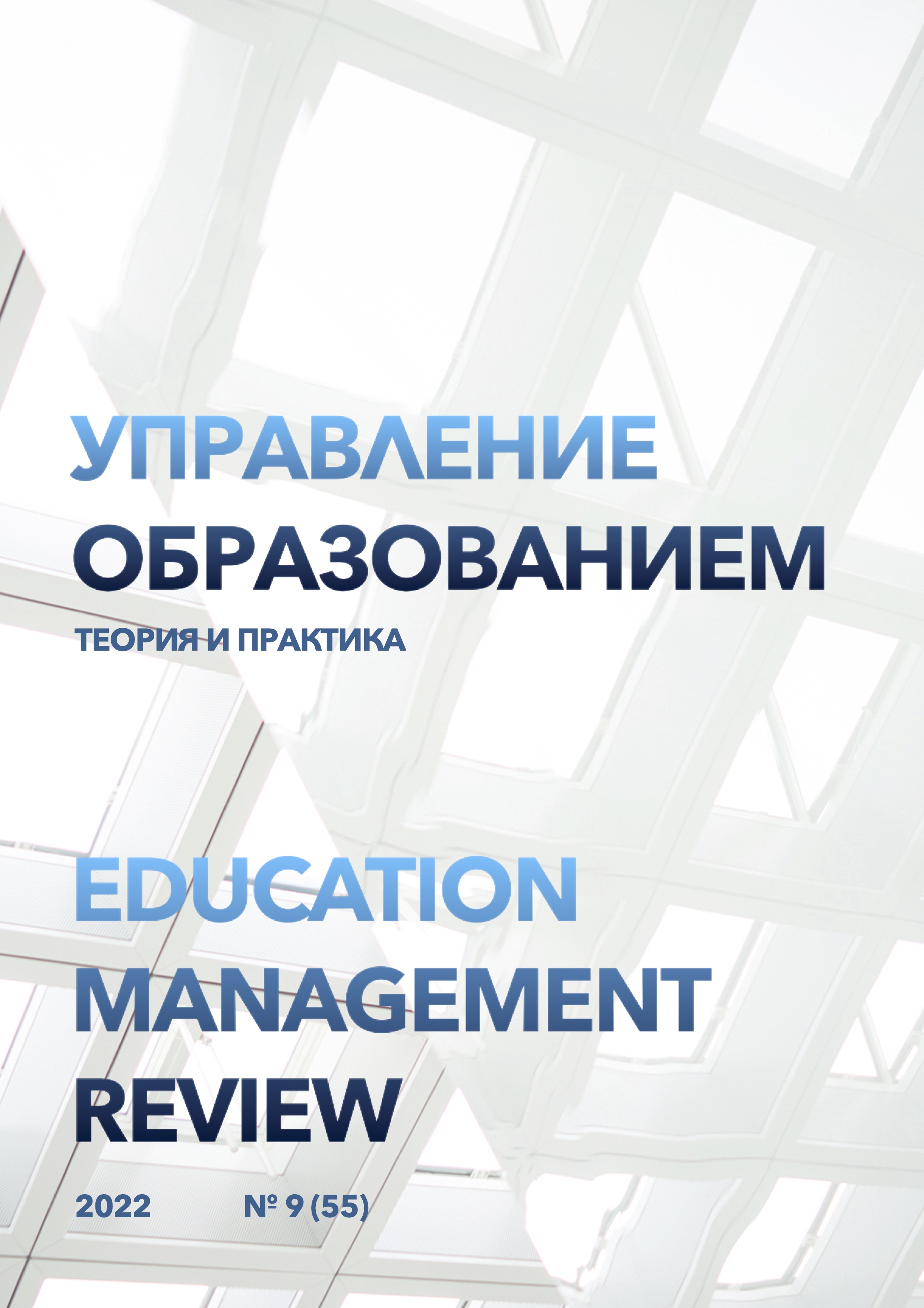Education and training: qualification and competence
DOI:
https://doi.org/10.25726/h4643-2942-1388-cKeywords:
training, education, educational standard, competence, qualificationAbstract
The article analyzes the terms "competence" and "qualification", discusses their applicability within the framework of modern educational standards. The concepts of "training" and "education", which constitute two interrelated aspects of human cognitive activity, are considered. The differences and areas of intersection of these two phenomena and their connection with the concepts of "competence" and "qualification" are given. The proclaimed universal higher education has led to the depreciation of certificates and diplomas, the termination of equal opportunities for professional advancement, and the absence of a relationship between qualifications and positions. The competence model has replaced the qualifications model. The need to use the new terminology was caused not so much by internal contradictions as by the requirements of the Bologna Process for a common understanding of the content of qualifications and degrees in all educational standards of the participating countries. Indeed, the concept of competence underlies all foreign educational standards.
References
Соколова А.Ю., Сорокин Ю.И. Об особенностях непрерывного обучения людей среднего и старшего возраста // Научное мнение. 2011. № 3. С. 86-89.
Соколова А.Ю., Сорокин Ю.И. Компетентностный подход к обучению иностранным языкам в медицинском вузе // Медицинский дискурс: вопросы теории и практики: Материалы 6-й Всероссийской научно-практической и образовательной конференции с международным участием,
Тверь, 12 апреля 2018 года / Под общей редакцией Е В. Виноградовой. Тверь: ТГМУ, 2018. С. 224-226.
Bentley T. Learning beyond the classroom: Education for a changing world. London : Routledge, 1998. 212p.
Edwards R. Changing places? Flexibility, lifelong learning, and a learning society. New York: Routledge, 1997. 224p.
Irvine C. K. S., Kevan J. M. Competency-based education in higher education // handbook of research on competency-based education in university settings. IGI Global, 2017. P 1-27
Lozano J. F., Boni A., Peri, J., Hueso A. Competencies in higher education: a critical analysis from the capabilities approach // Journal of philosophy of education, 46. Pp.132-147.
Mosalanejad L., Shahsavari S., Sobhanian S., Dastpak M. The effect of virtual versus traditional learning in achieving competency-based skills / Turkish online journal of distance education, 13(2012). Pp. 69-75.
Nodine T. R. How did we get here? A brief history of competency-based higher education in the United States // The journal of competency-based education, 1 (2016). P. 5-11.
Olesen H. S. Adult learning, economy and society: modernization processes and the changing functions of adult education // International encyclopedia of education / ed. by P. Peterson, E. Baker, B. McGaw. – Amsterdam: Elsevier Science, 2010. P. 217-222.
Sharples M. The design of personal mobile technologies for lifelong leaning // Computers and Education. № 34. P. 177–193. DOI:10.1016/S0360-1315(99)00044-5.




